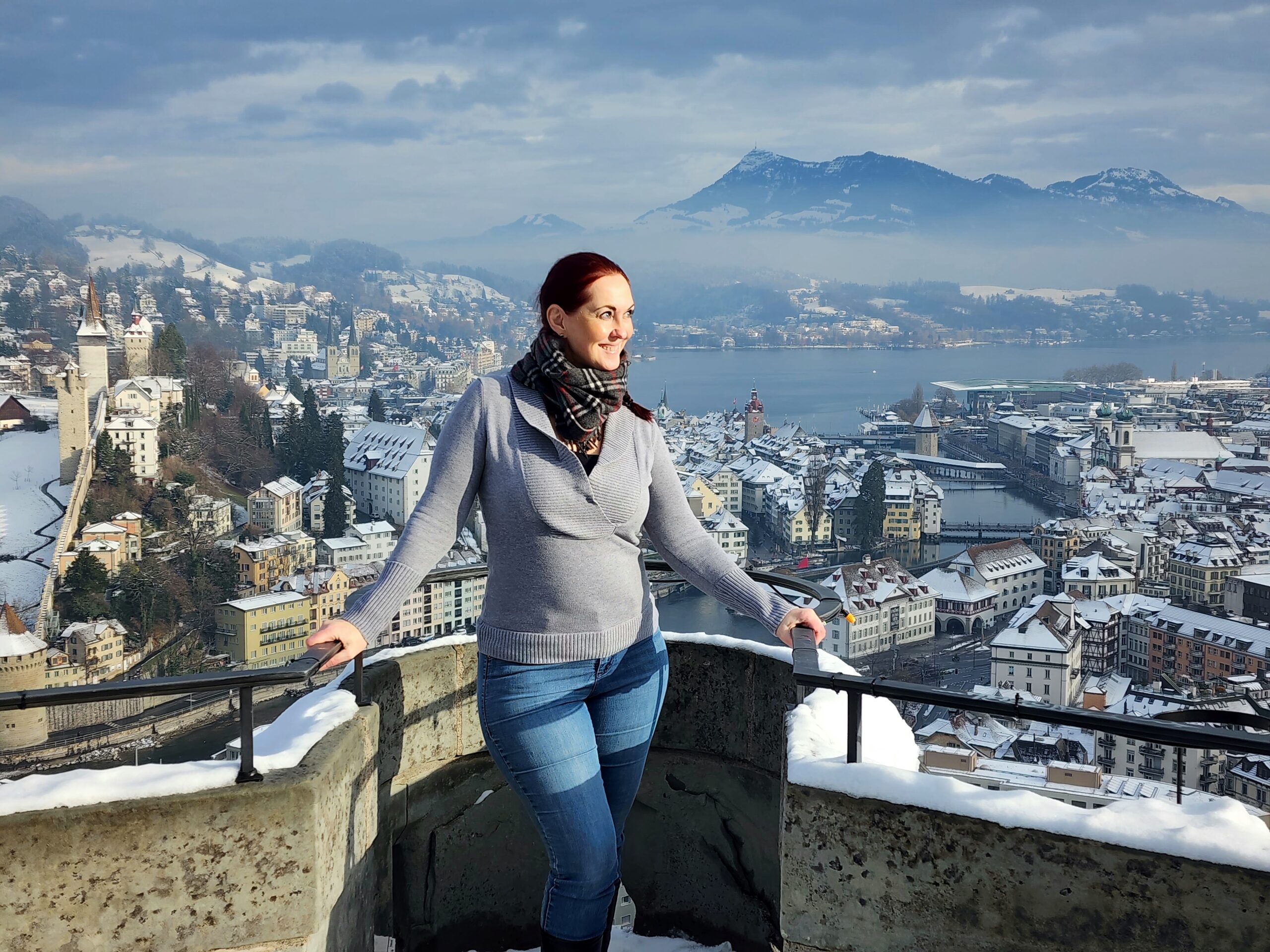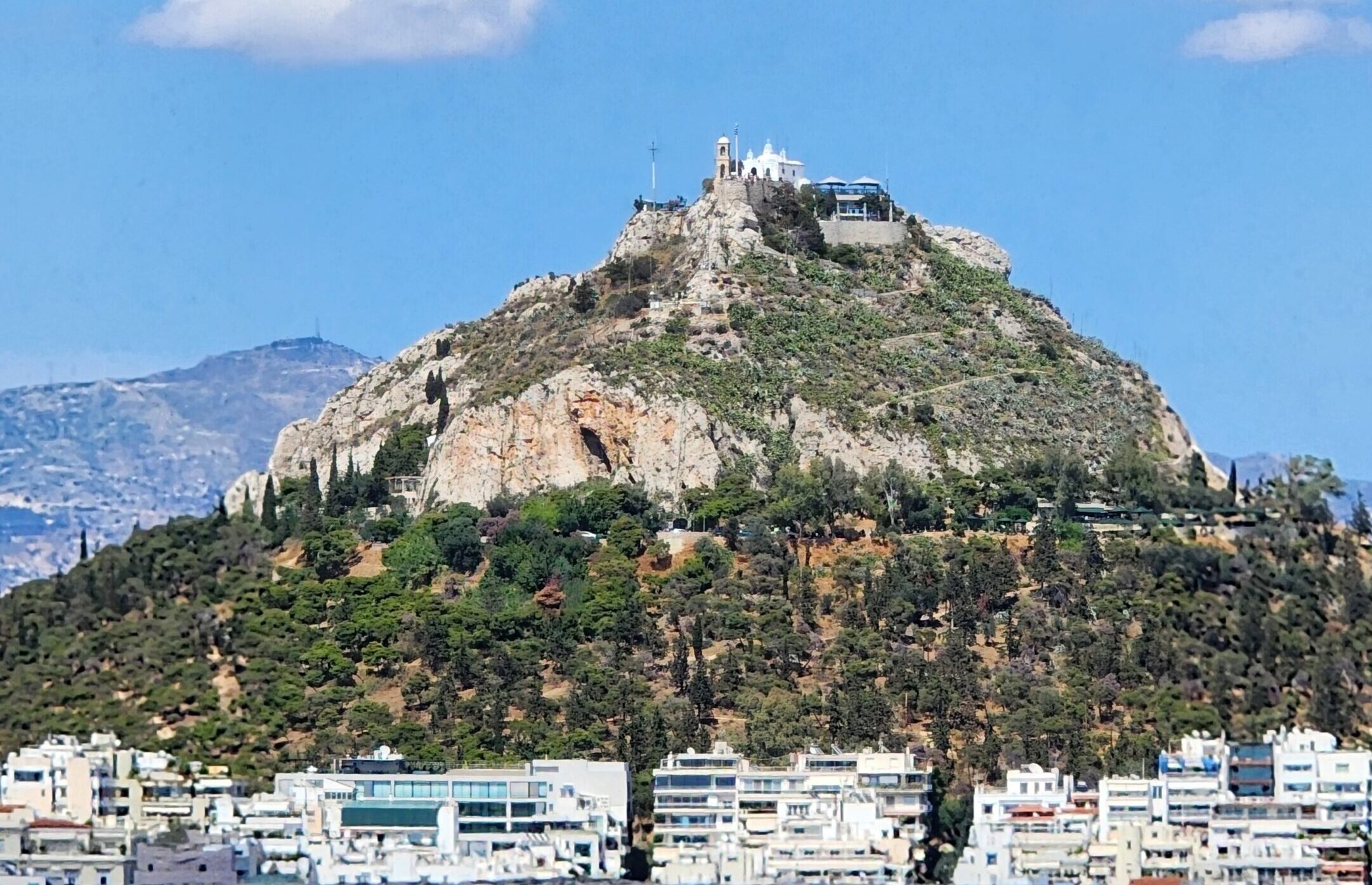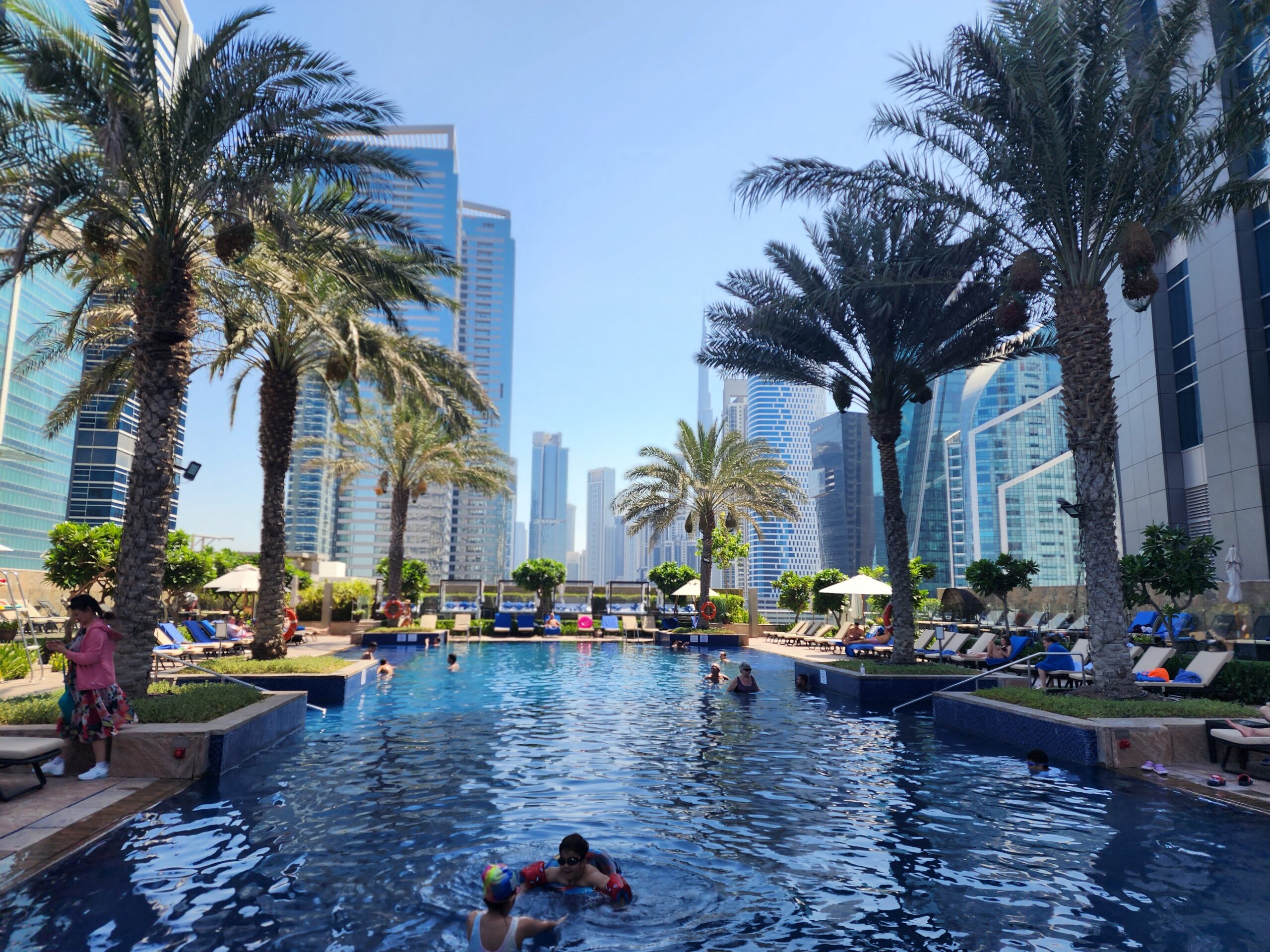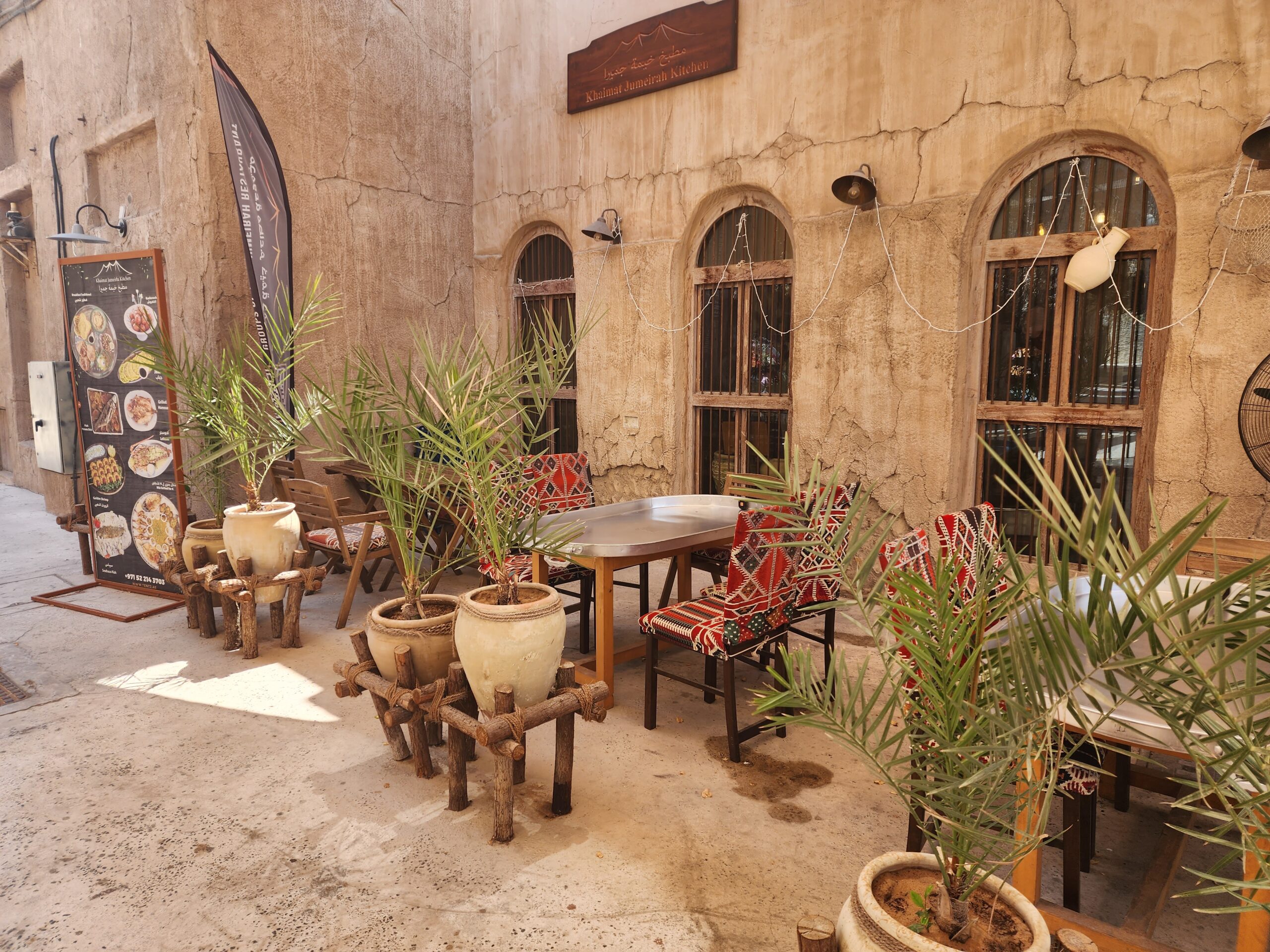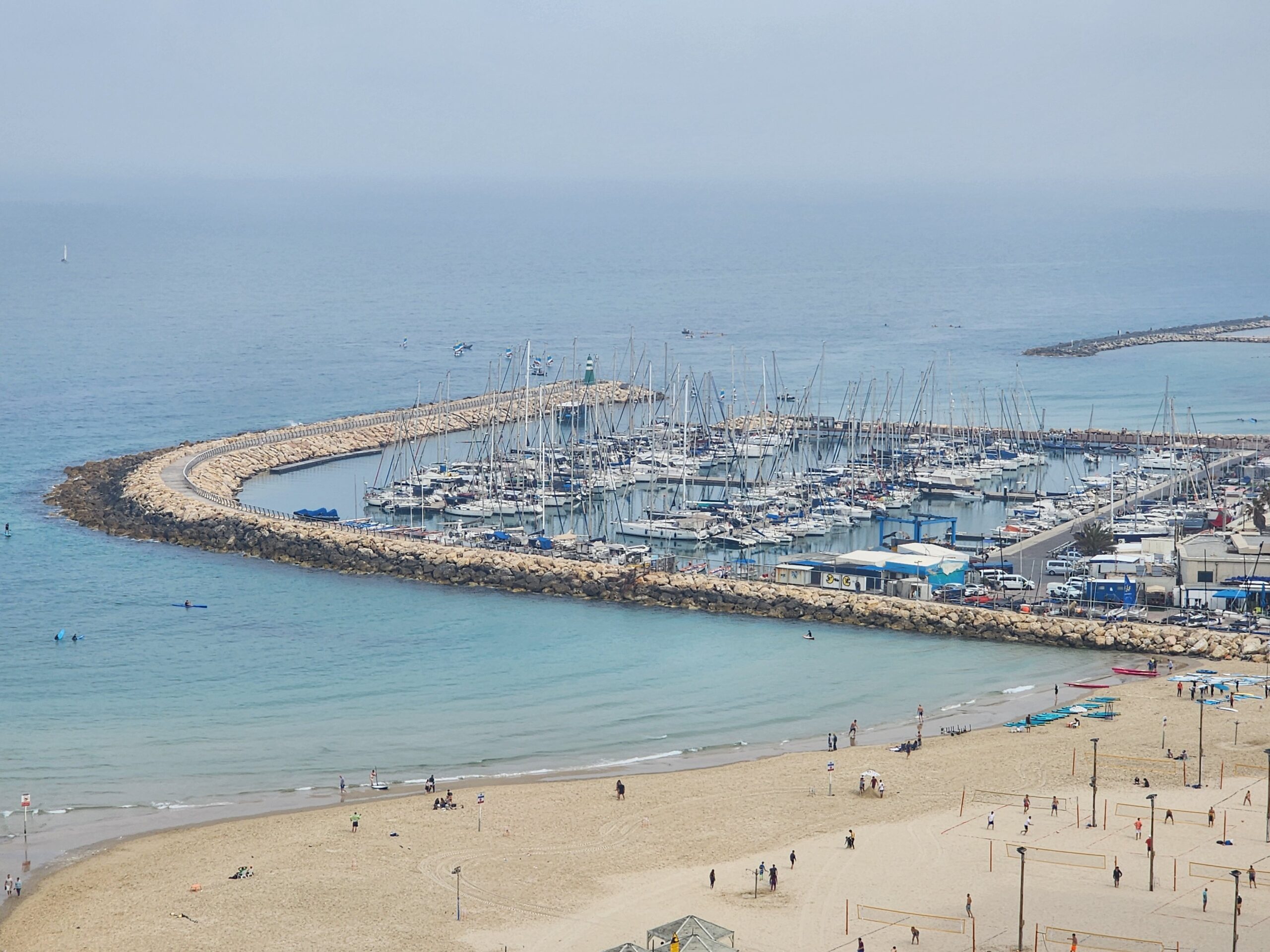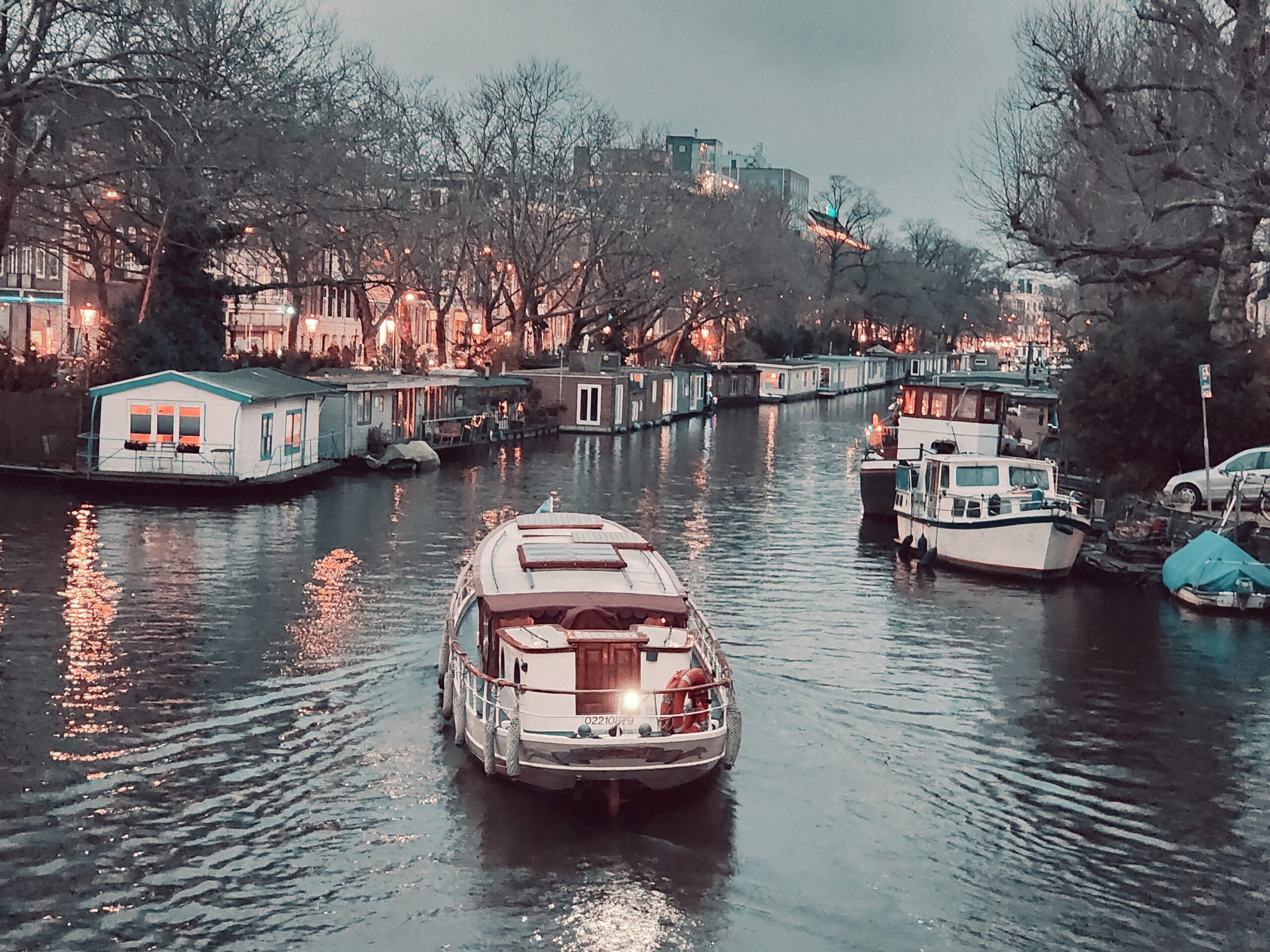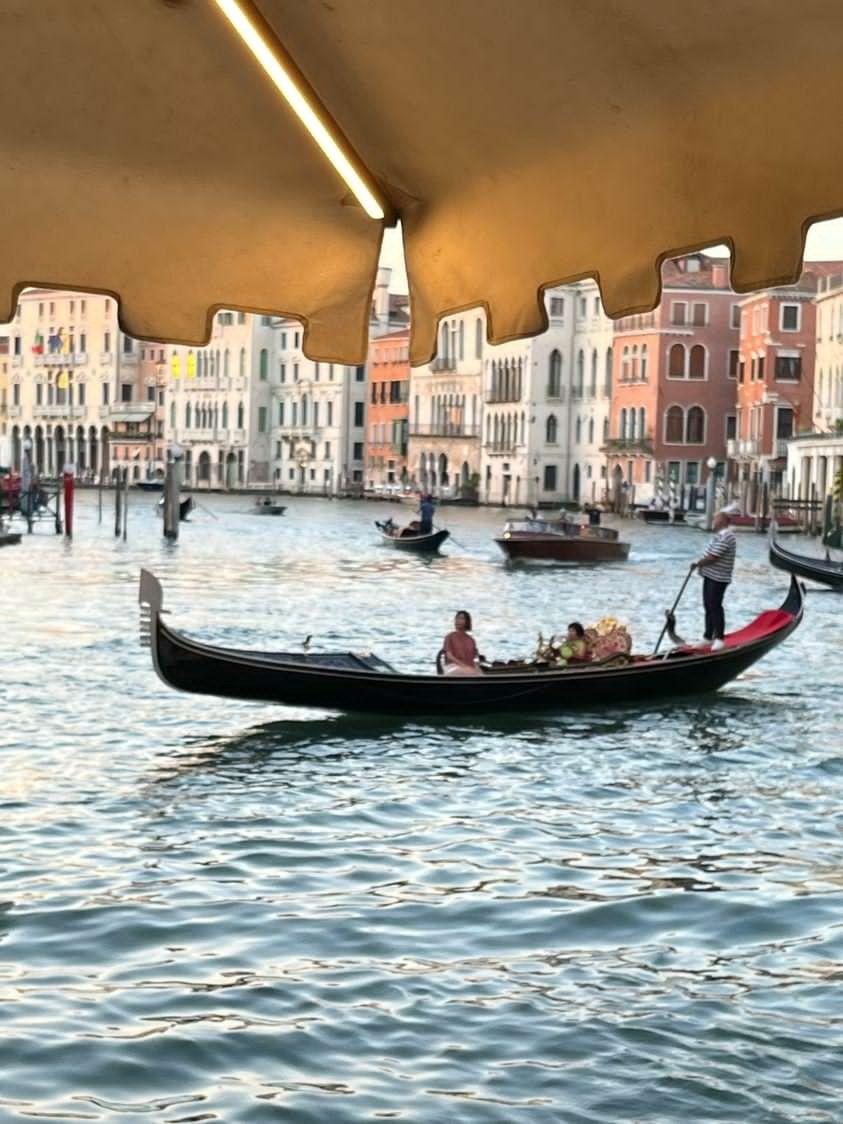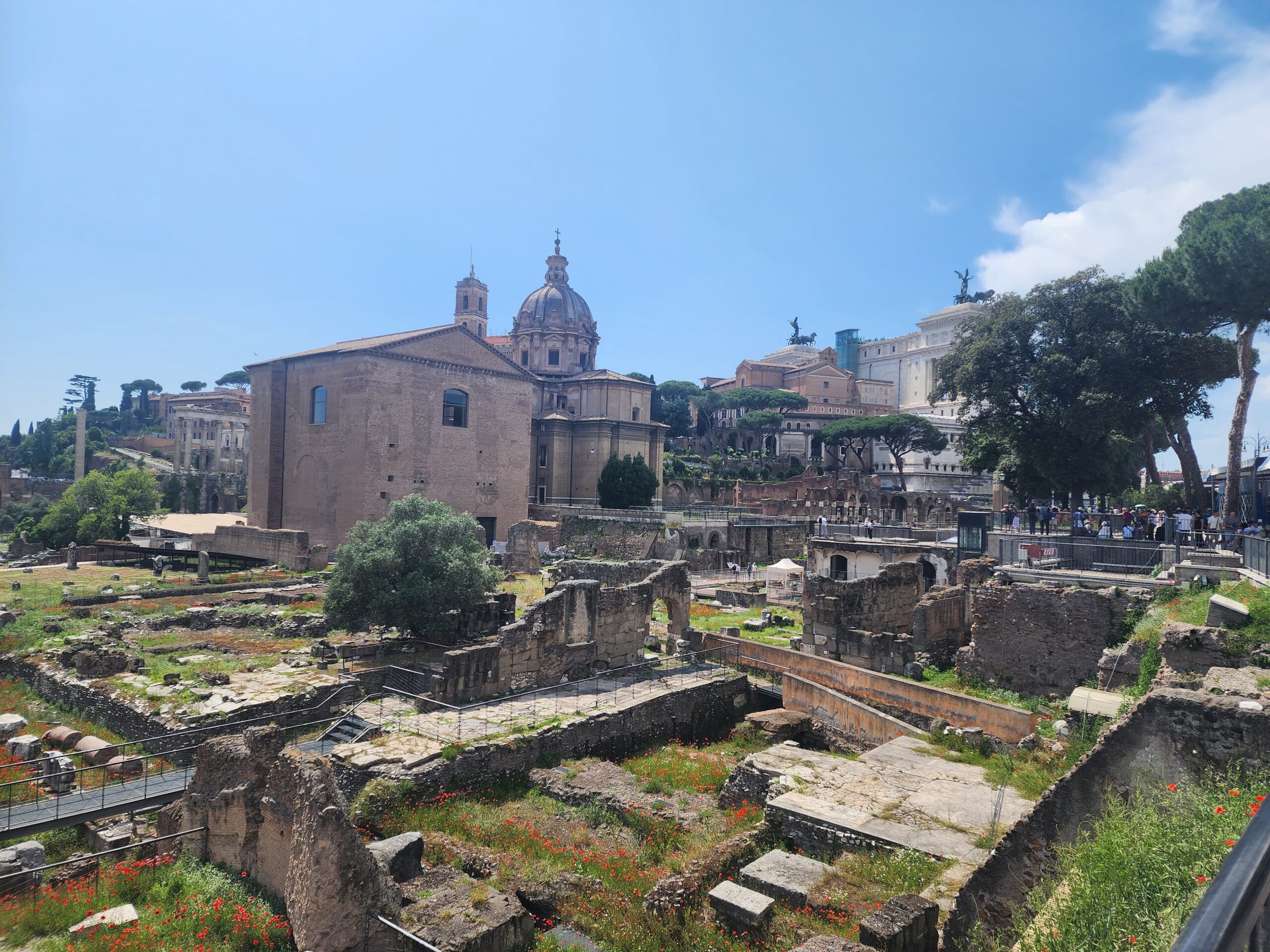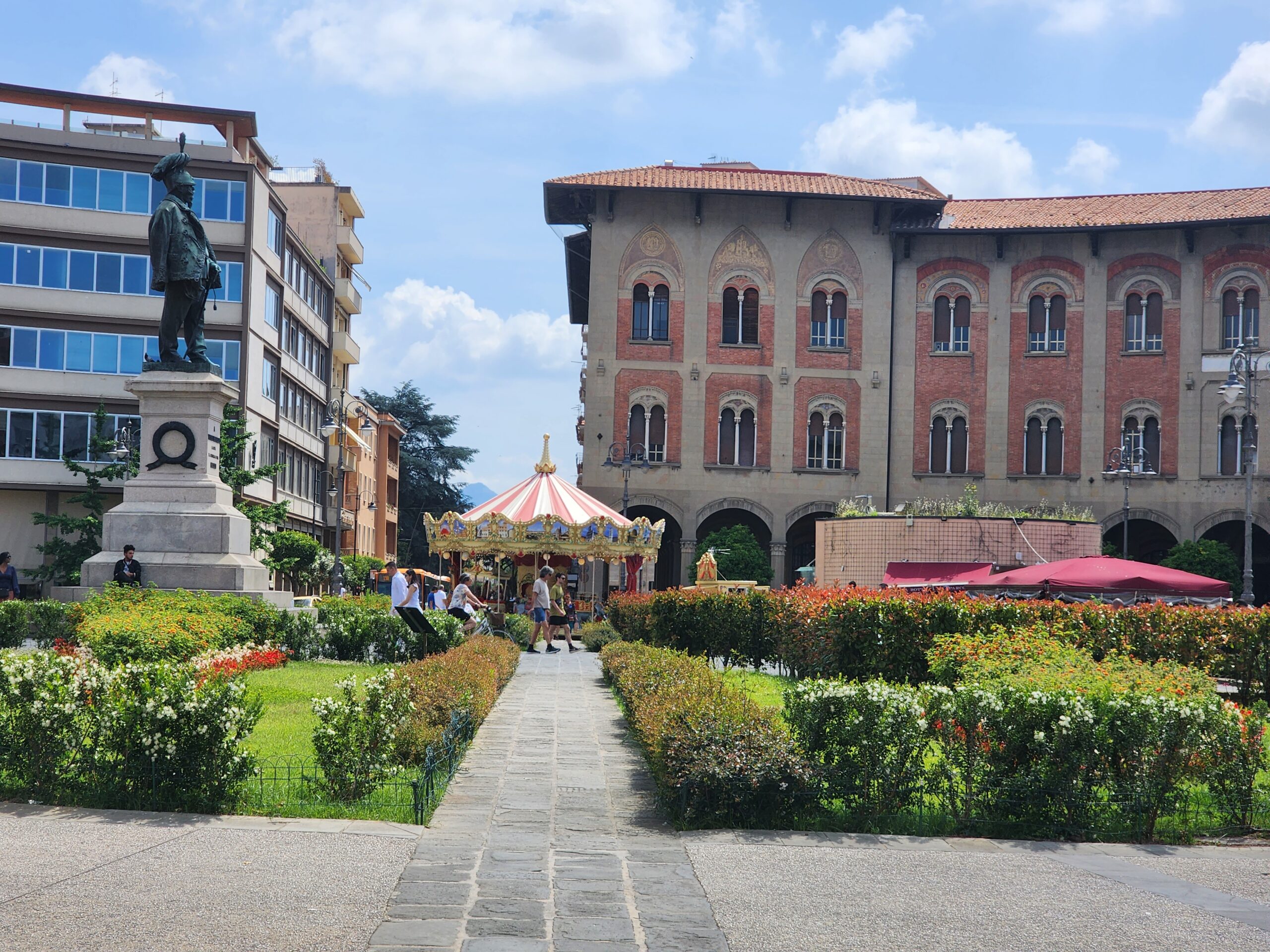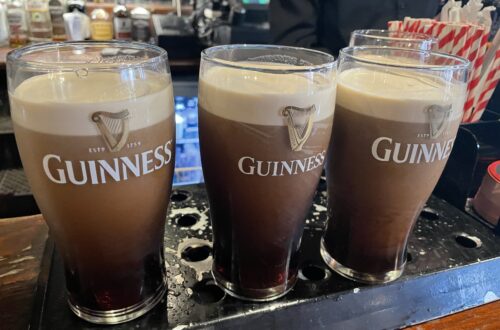
Munich, the capital of Bavaria, is a city where rich history, vibrant culture, and modern innovation collide. Known for its beer gardens, picturesque parks, and stunning architecture, Munich offers a little something for every traveler. One of its most famous landmarks, and undoubtedly the heart of the city, is Marienplatz — a square steeped in history and bustling with energy. Let’s explore what makes Munich so special, with a special focus on the iconic Marienplatz.
A Historical Overview of Munich
Munich’s history dates back to the 12th century, founded as a settlement by monks, hence its name (from the Old High German “Munichen,” meaning “by the monks”). Over the centuries, Munich has evolved into a thriving cultural hub, blending traditional Bavarian charm with modernity. From its roots as the seat of the Dukes of Bavaria to becoming a major center of art, science, and industry, Munich has maintained a deep connection to its past while embracing the future.

The Old Town Hall (Altes Rathaus)
Another historical gem in Marienplatz is the Old Town Hall (Altes Rathaus). This building dates back to the 15th century and is a perfect example of the city’s medieval past. The tower of the Old Town Hall, although smaller than that of the New Town Hall, offers fantastic views of the city and serves as a reminder of Munich’s long-standing importance. Today, the Old Town Hall houses a toy museum and is frequently used for exhibitions and events.

The Mariensäule and the Column of St. Mary
At the center of the Marienplatz stands the Mariensäule, a column with a statue of the Virgin Mary on top, built in 1638 to commemorate the city’s deliverance from Swedish occupation during the Thirty Years’ War.
The Bavarian Duke, Maximilian I, commissioned the column as a symbol of gratitude to the Virgin Mary for her divine intervention. This is why the Marian Column has become an emblem of both religious devotion and historical significance for the city.
The statue holds the infant Jesus in her arms and is adorned with a crown, symbolizing her importance in Bavarian Catholicism and her role as a protector.
The golden statue of Mary symbolizes Munich’s reliance on her protection. The pedestal of the column is decorated with four allegorical figures, each representing virtues: Faith, Hope, Charity, and Justice, highlighting the city’s commitment to these values.

Munich’s Architectural Beauty: From Baroque to Modern
Beyond Marienplatz, Munich is a city of architectural wonders. Frauenkirche, Munich’s cathedral, with its two distinctive onion-domed towers, is one of the most recognizable buildings in the city. The cathedral’s interior, with its vast spaces and serene atmosphere, offers a peaceful retreat in the midst of urban life.

Beer Culture: A Global Phenomenon
No visit to Munich would be complete without experiencing its beer culture. Munich is home to the famous **Hofbräuhaus**, one of the world’s oldest beer halls, where visitors can enjoy traditional Bavarian beer, hearty food, and live music. The city is also renowned for hosting **Oktoberfest**, the world’s largest beer festival, which draws millions of people from all over the world each year. In addition to beer, the festival celebrates Bavarian food, music, and traditions, making it a unique cultural experience.



The Green Spaces of Munich
Beyond the bustling city center, Munich is a green paradise. The **Englischer Garten**, one of the largest urban parks in the world, offers sprawling lawns, picturesque lakes, and even a traditional Japanese teahouse. Visitors can rent bikes, enjoy a leisurely walk, or even watch surfers riding the waves of the Eisbach, a man-made river that flows through the park.
The Nymphenburg Palace, with its expansive gardens and elegant Baroque architecture, is another stunning location just a short trip from the city center. The palace was once the summer residence of Bavarian rulers and remains a testament to the opulence of the past.


Munich: A City for All Seasons
Whether you visit during the vibrant summer months or the magical winter season, Munich offers something special throughout the year. In the winter, the city transforms into a Christmas wonderland, with markets offering crafts, festive food, and hot mulled wine. Marienplatz is particularly charming during this time, with the Christmas market set up in the square, attracting visitors with its twinkling lights and the scents of roasted chestnuts and gingerbread.
In spring and summer, Munich comes alive with outdoor festivals, open-air concerts, and street performances, while the beer gardens fill up with people enjoying Bavarian delicacies and, of course, beer.
This post may contain affiliate links which means I may receive a commission if you click or purchase through the links. I will only recommend products I use myself. Learn more on my Disclaimer Page.


